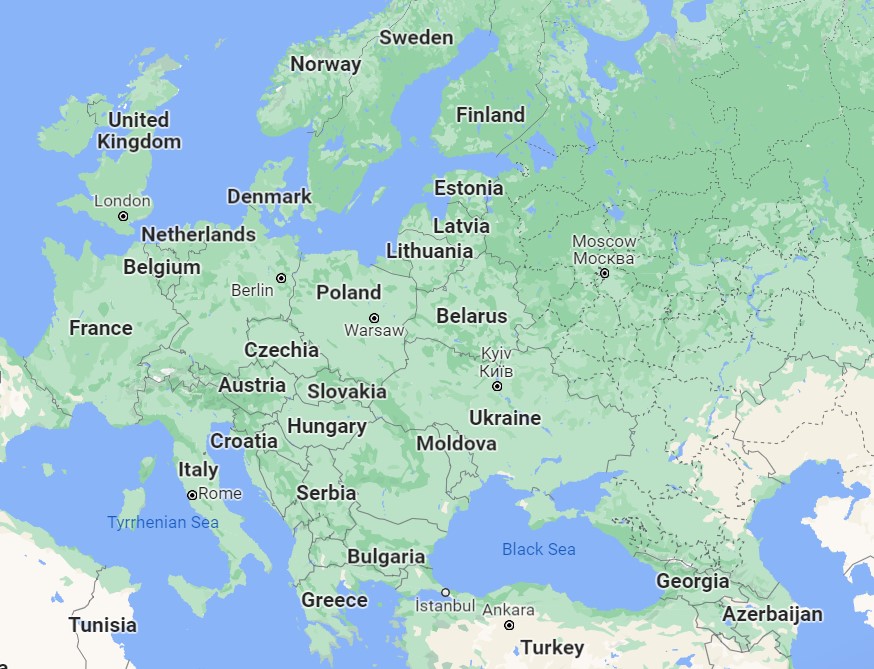Escalating tensions in Eastern Europe may result in a full out war in the region.
Russia has gathered an estimated force of 100,000 soldiers along the border with Ukraine and in Belarus. It also added long-range missile unites, anti- aircraft missiles, and a naval fleet to support a potential incursion into the Ukraine.
NATO and the Western states, on the other hand, are divided amongst themselves on how to respond to the impending threat.
Some countries, such as the USA, UK and Sweden, are sending light weapons and military advisors to the Ukraine. Other countries such as Germany, refrain from such actions, going as far as prohibiting the Baltic states from sending German made weapons of a defensive nature to support the Ukraine.
those escalating tensions in Eastern Europe have brought the USA and the UK to start evicting their diplomats and their families from Kiev. In addition the State Department has called on American citizens to avoid travel to the area and to Russia.
As both sides dig deep into their positions, both literally and figuratively, it seems that each side is not willing to compromise or negotiate. It seems we are moving closer to a conflict of some sort in the area.
A potential war in the Ukraine may well escalate and involve other countries in Europe. Other countries bordering on Russia are looking to the western response to those threats. Countries such as Poland, Finland, and the Baltics are fearing that they might be next.
The USA has already announced today (January 24, 2022) that they are considering sending troops to neighboring countries such as Poland and Romania, anywhere between a few thousand to tens of thousands soldiers.
It is very hard to predict what actions will eventually be taken, or what the outcome will be.
It is our responsibility in the security industry to plan and prepare for these situations, as part of our duty of care towards our employees, colleagues, suppliers, and their families.
What can we do?
- Try to avoid any unnecessary travel to the Ukraine, Russia, or the area.
- If you have employees or facilities, or operations there – update your security and business continuity plans, and plan for emergencies, including personnel evacuations, or transferring operations to nearby states.
- Alert your local employees and expats of the chances of an emergency situation. Review and ensure they are familiar with your security and contingency plans.
- Follow current events to understand the situation, including when and where things happen.
For more information on how we can support you, contact us at

